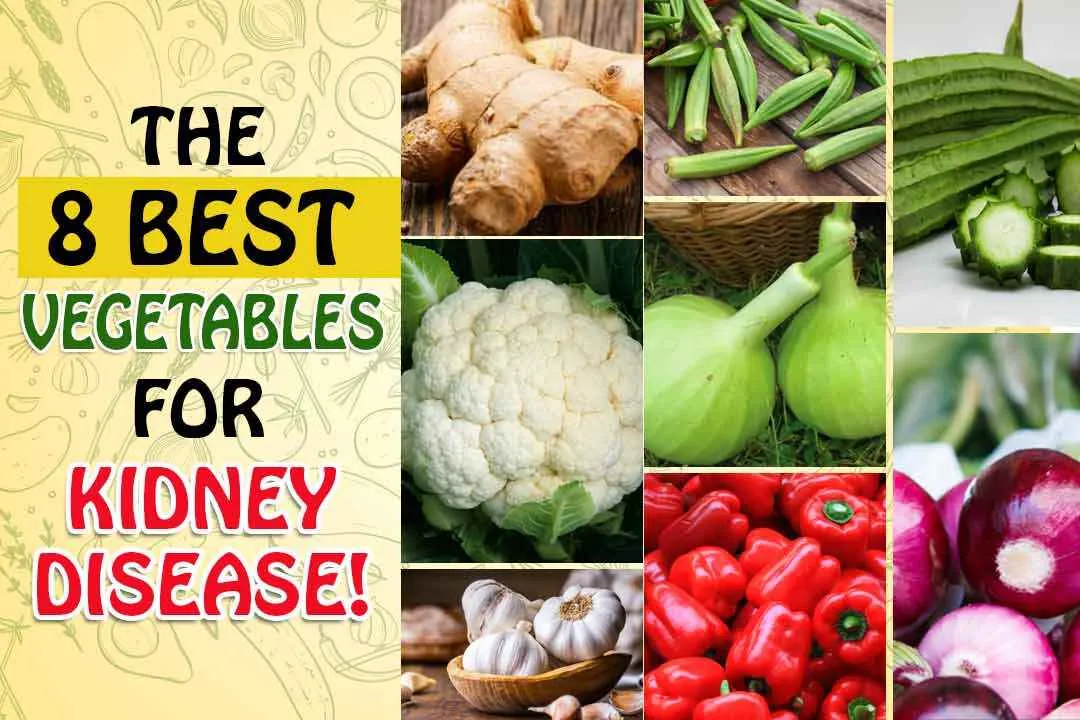
The human kidneys perform the vital function of removing wastes from the body in the form of urine and supplies essential nutrients into the bloodstream. The consumption of certain foods might interfere with the regular functionings of the kidneys, gradually leading to the accumulation of toxins inside the body. A kidney expert may help you with a suitable diet chart for maintaining the overall kidneys’ health.
Living with renal disease requires careful dietary planning, and vegetables play a crucial role in maintaining renal health. These nutrient-packed powerhouses can help manage blood pressure, reduce inflammation, and provide essential vitamins and minerals. Here's a guide to the eight best vegetables for kidney diseases, each offering unique benefits to support your kidneys.
Bell peppers are low in potassium, making them an excellent choice for kidney health. They are rich in vitamins A, C, and B6, along with folic acid and fiber. The antioxidants in bell peppers, especially vitamin C, help to reduce inflammation and support immune function, which is particularly important for individuals with renal disease and helps in chronic kidney disease treatment.
Cabbage is another renal-friendly vegetable, low in potassium and high in fiber. It contains vitamins K, C, and B6, as well as folic acid. The phytochemicals in cabbage can help break up free radicals before they can cause damage, while the fiber aids in digestion and prevents constipation, a common issue for those with chronic kidney disease.
Cauliflower is a versatile vegetable that is low in potassium and packed with vitamins C, K, and B6, along with folate and fiber. It's also believed to be rich in compounds that help the liver neutralize toxic substances. Whether steamed, boiled, or mashed, cauliflower is a great addition to a kidney-friendly diet.
Garlic is not only a flavor enhancer but also a potent vegetable for renal health. It contains sulfur compounds with anti-inflammatory properties and helps reduce cholesterol. Garlic also has antioxidant properties that can support overall health. It's low in potassium, making it a member of the list of best vegetables for kidney diseases.
Onions are low in potassium and rich in chromium, a mineral that helps with carbohydrate, fat, and protein metabolism. They are high in antioxidants content and possess anti-inflammatory properties, relieving the inflammation in the renal. Adding onions to your meals can enhance flavor without the need for extra salt, which is crucial for kidney disease treatment.
Radishes are low in potassium and phosphorus, making them an excellent choice for a kidney-friendly diet or the individuals with renal diseases. They are rich in antioxidant contents, vitamins C and K, and fiber. Radishes help reduce the risk of chronic diseases and support overall health, making them a nutritious addition to salads and snacks.
Turnips are another great vegetable for those with renal disease. They are low in potassium and high in fiber, vitamin C, and B6. Turnips also contain antioxidants that help combat inflammation and support immune health. They can be eaten raw, roasted, or mashed, offering versatility in meal planning. It can be a valuable addition in the diet for kidney patients.
Kale is a nutrient-dense leafy green that's low in potassium and high in vitamins A, C, and K. It also contains important minerals like calcium and magnesium, along with antioxidants that help reduce inflammation. Incorporating kale into a diet for kidney patients can provide a significant health boost without overloading your renal with potassium, making it an entrant into the list of best vegetables for kidney diseases.
In case of any complications related to renal, you can consult nephrologists at Karma Ayurveda for timely intervention techniques including suitable medicines and dietary recommendations to inhibit more serious complications. Book your consultation right now!
Second Floor, 77, Block C, Tarun Enclave, Pitampura, New Delhi, Delhi, 110034